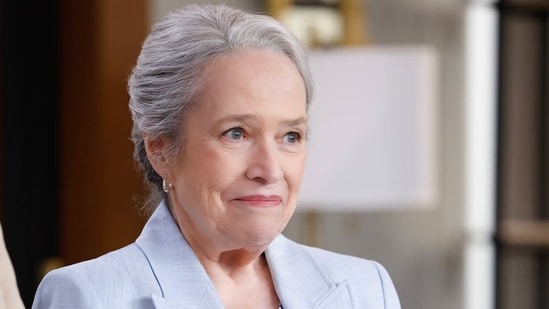
The Scenic Detour: When Side Roads Eclipse the Main Journey
The grand narrative, like a meticulously plotted journey, often promises a clear destination. We, the passengers, settle in, eager to follow the protagonist down their well-trodden path, through the central conflicts, and towards the ultimate resolution. Yet, sometimes, the driver takes a turn. The main road gives way to a smaller, less-trafficked route, winding through towns and landscapes we didn’t expect. These are the segments that delve deep into the lives of side characters, expanding the world, fleshing out the periphery – and for some, igniting a frustrated murmur: “This isn’t what I signed up for. This is off-topic.”
The negative reactions often stem from a fundamental divergence in narrative expectation. The audience, particularly in fast-paced or mystery-driven genres, is often drawn by the magnetic pull of the central quest. They are invested in the hero’s struggle, the unfolding mystery, the primary romance, or the overarching conflict that defines the core premise. When the narrative engine veers sharply into the backstory of a tertiary character, or dedicates an entire episode to the minor trials of an ensemble player whose direct impact on the main plot seems tangential, it can feel like a pause button has been pressed on the story they truly care about. This isn’t just impatience; it’s a perceived breach of contract, a moment where the story’s focus deviates from its promised trajectory, diluting the potent brew of the central plot with what feels like extraneous ingredients.
From the storyteller’s perspective, however, these “detours” are often far from off-topic. They are attempts to enrich the tapestry, to build a more believable and immersive world. A side character’s segment might serve to illuminate the central themes from a different angle, providing context or contrasting perspectives that deepen the protagonist’s journey without directly involving them. It might humanize the “grunts” on the battlefield, making their ultimate sacrifice or triumph more impactful. It could be a slow-burn setup for a future plot point, a piece of foreshadowing masked as a tangent, or an exploration of the wider socio-political landscape that underpins the main conflict. Consider a sprawling fantasy epic: a segment focusing on the plight of a distant village elder, while seemingly disconnected from the king’s grand war, might subtly illustrate the true cost of that war, or reveal an ancient prophecy that later proves crucial. For the creator, these vignettes are narrative scaffolding, providing depth and dimension to the overarching structure.
The friction arises when these two intentions collide. The viewer, accustomed to the propulsive energy of the main plot, might not immediately perceive the deeper connections. They might feel their emotional investment in the central figures being momentarily orphaned, their anticipation for the next big plot twist frustratingly delayed. A detective series, for instance, might devote an entire episode to the complex home life of a supporting police officer. While this humanizes the character and adds realism, a viewer engrossed in the race to catch a serial killer might find it an unwelcome distraction, a segment they feel they could fast-forward through without missing vital clues. They are on a mission, and anything that doesn’t directly advance that mission feels like a narrative obstacle.
Ultimately, the judgment of whether a side character segment is a welcome expansion or an unwelcome digression lies in its execution and the viewer’s individual experience. When these “side roads” genuinely enrich the main narrative, providing crucial emotional resonance, thematic depth, or surprising plot revelations down the line, they can elevate a story from good to unforgettable. But when they feel self-indulgent, poorly paced, or genuinely disconnected, they invite the exasperated sigh, the collective groan, and the lament that the story, for a moment, lost its way. The central part, after all, is the sun around which all other narrative planets orbit; too much time spent gazing at the lesser lights, and the main star itself can begin to fade from view.
